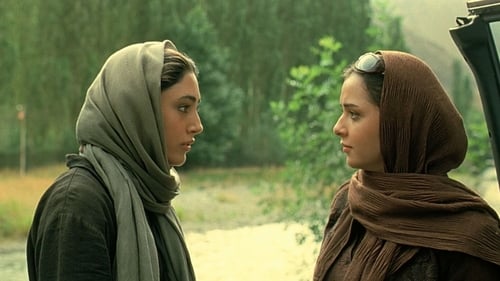Amin Zebarjad
Nacimiento : 1996-07-28, Shiraz, Iran
Historia
Amin Zebarjad (born July 28, 1996, shiraz,fars) Is a musical artist musician, arranger, composer of film music. Amin Zebarjad main style is non-verbal and he sings less in his music and has many works in this style. Amin started his work in 2018 and in 2020 he released his first and most official track. Amin graduated from Eram University with a degree in Computer and IT engineering. Amin is also very skilled in the field of site design and programming. One of his best works is the (Asheghi album). Amin Zebarjad is an Iranian singer in the style of pop and non-verbal. He is also a pianist, guitarist and violinist.
The Most of his works are non-verbal. He was also born on July 28, 1996 in shiraz. Amin Zebarjad is the main basin of IT, but due to its great interest in music, it has started its activity professionally and soon we will see more activities of Amin in the field of music and computer. Amin Zebarjad in the field of computer and IT is better known as Icloner.



